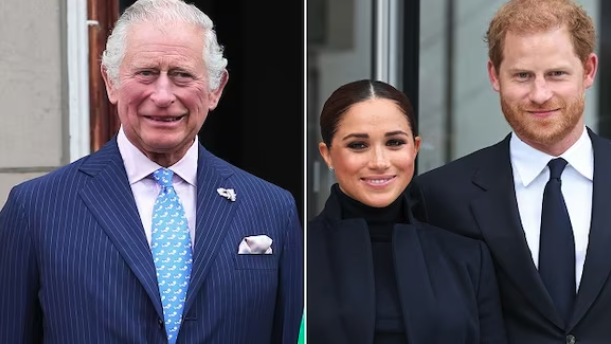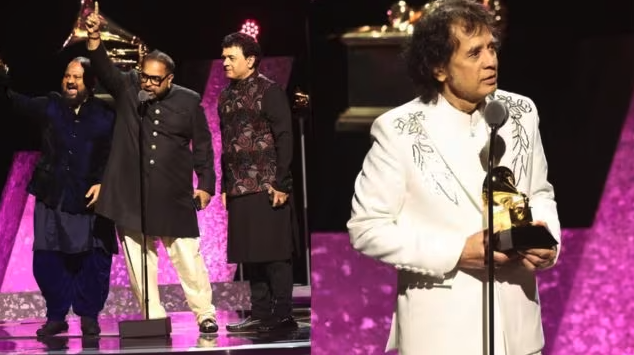Charles cancer diagnosis: How the disease remains a royal constant; biographer reveals | Explained

British royal family as we all know have been extremely tight-lipped as to what happens behind closed doors. But this time it is not the same with King Charles III. He in a very dignified way has not hidden about his illness from the people. And this for sure is a welcome change.
Buckingham Palace announced on Monday that King Charles III has cancer. The cancer was discovered when the king underwent a routine procedure on Jan. 17 to treat an enlarged prostate. The palace as of now has not confirmed the type or stage of cancer, saying only that it is not prostate cancer. The king began treatments on Monday.
However, Charles is not the first to be diagnosed with the disease: his maternal grandfather, George VI, had lung cancer and his maternal grandmother allegedly had colon cancer in her 60s. There’s even rumors his mother, Queen Elizabeth II, battled cancer before her death, as per a report published in news.northeastern.edu. Cancer indeed has been a royal constant in the British Royal family.
In the reports published, Estelle Paranque, an associate professor in early modern history at Northeastern University London said, “They almost want to be like a modern monarchy. … I think it’s very brave to want people to understand what he’s going through. … Charles has always been someone who wanted to be an open person.”
Before King Charles III was diagnosed with cancer, other royals battled the disease. According to Queen Elizabeth II’s death certificate as one of the reports published in WION says, she died of the ‘old age’. But as per a new biography authored by a friend of her late husband Prince Philip, she battled ‘a particularly terrible kind of cancer’ during her final years of life. She had bone marrow cancer, it was claimed. She died at 96, after remaining the queen for 70years. Queen Elizabeth II’s father, King George VI, who was a heavy smoker, died of lung cancer.
The reports of the biographer said, King Edward VIII (The Duke of Windsor) succumbed to throat cancer in 1972. Edward VIII, the paternal uncle of Queen Elizabeth II, was the King after his father George V’s death in 1936. He died in his home in Paris in 1972. “He died peacefully,” a Buckingham Palace spokesperson said at the time.
Queen Elizabeth or The Queen Mother was also diagnosed with breast cancer. In 1984, a lump was removed from her breast. She suffered from colon cancer in her 60s and breast cancer in her 80s.
Sarah Ferguson, the Duchess of York too has been diagnosed with skin cancer just months after she battled breast cancer, her spokesperson confirmed on January 22, 2024.
Cancer and heredity
But, is cancer hereditary is another question. As per a research published in BetterHealth, genes play a role in the development of some cancers. The link is strongest for breast, bowel and stomach cancers. Current research suggests that environmental factors such as tobacco, diet, infection, alcohol, drugs, radiation and chemicals are more important than genetic (hereditary) factors in determining development of most cancers.
All cancer is triggered by altered genes. However, the report says, only five to 10 per cent of cancers are actually hereditary.
On the Harry and Meghan front, the Prince visited his father, but Meghan stayed back with the children. According to Daily Mail report, King Charles landed back at Sandringham away from prying eyes after meeting his son Prince Harry for less than an hour in their first face-to-face encounter for nine months.
As the monarch prepares to take the next steps in his cancer fight at their Norfolk bolthole, the red and gold helicopter braved wind and rain before he was quickly rushed inside by waiting aides.




